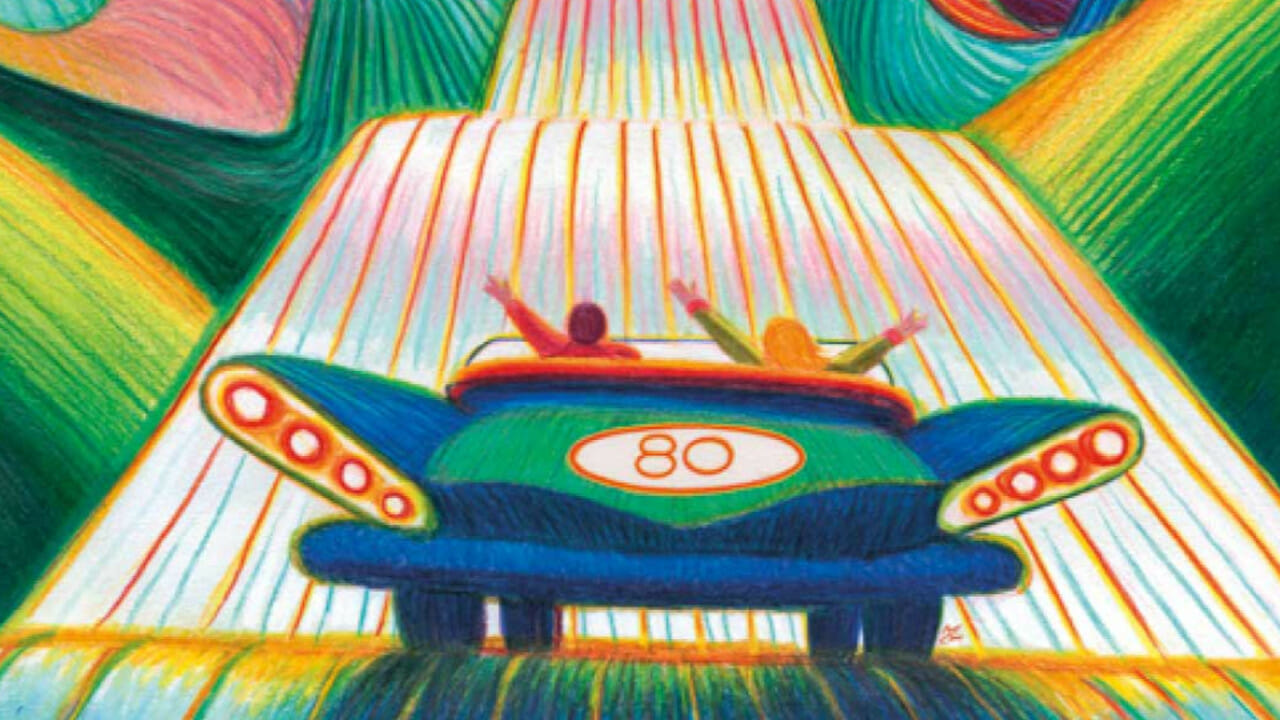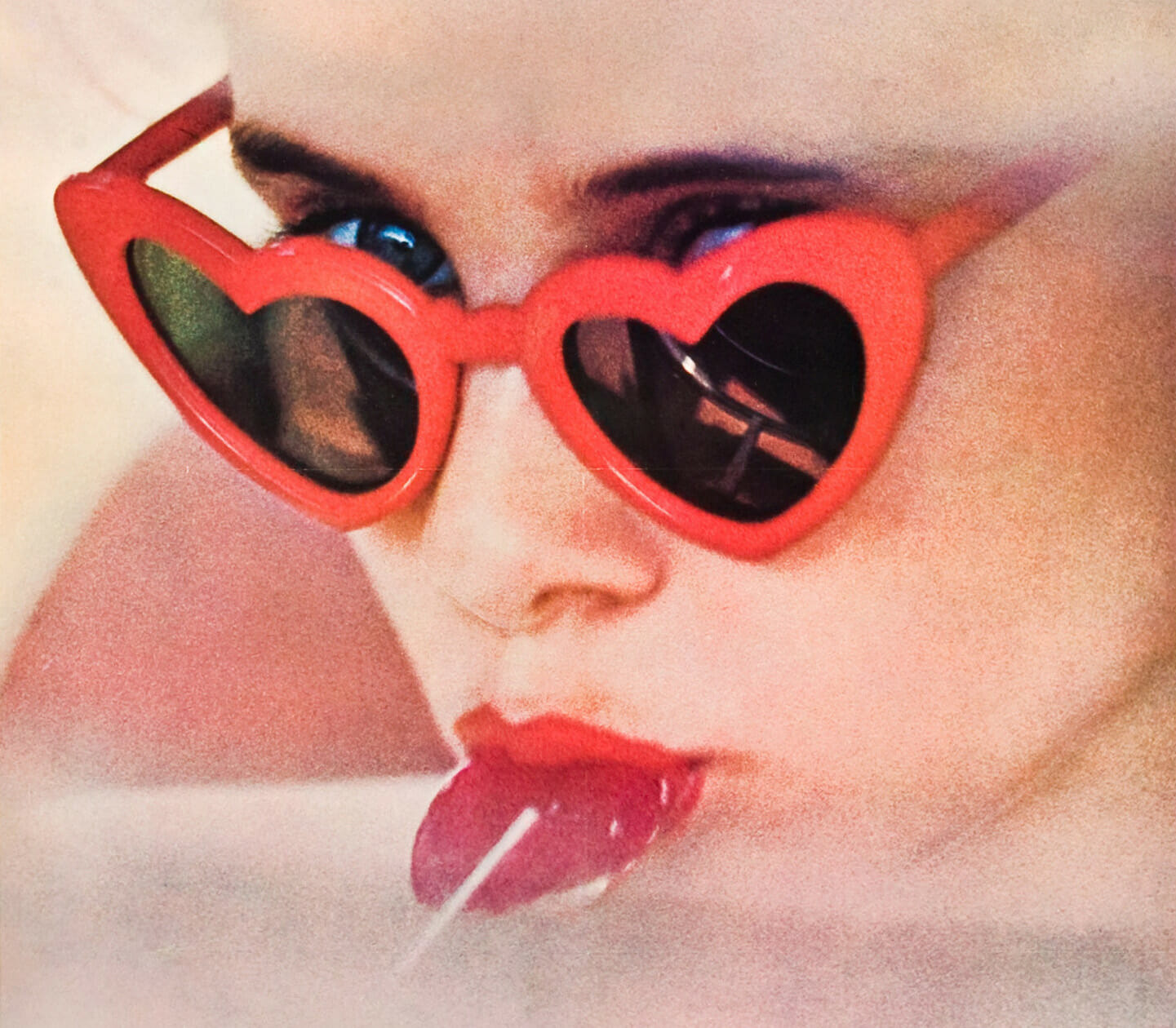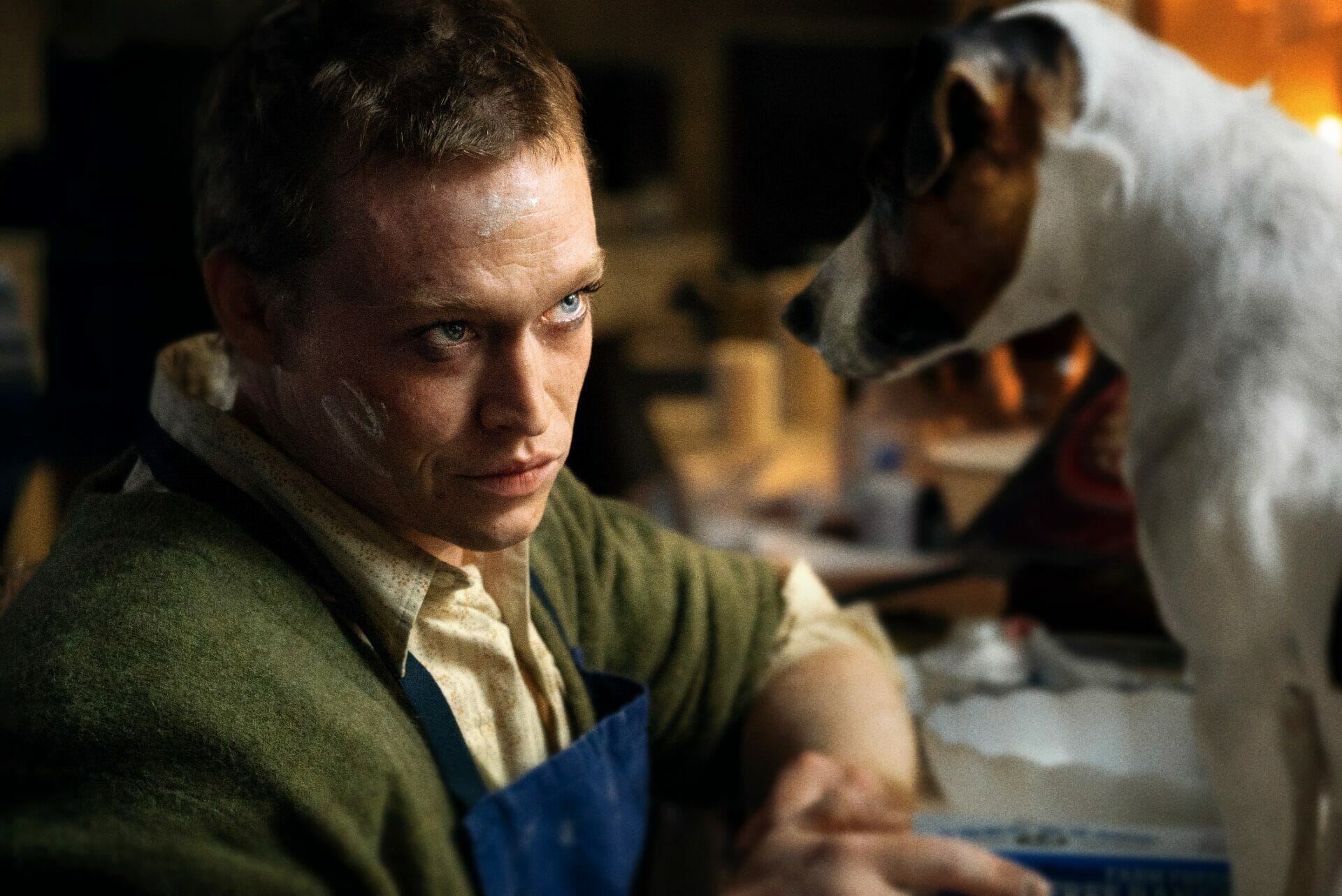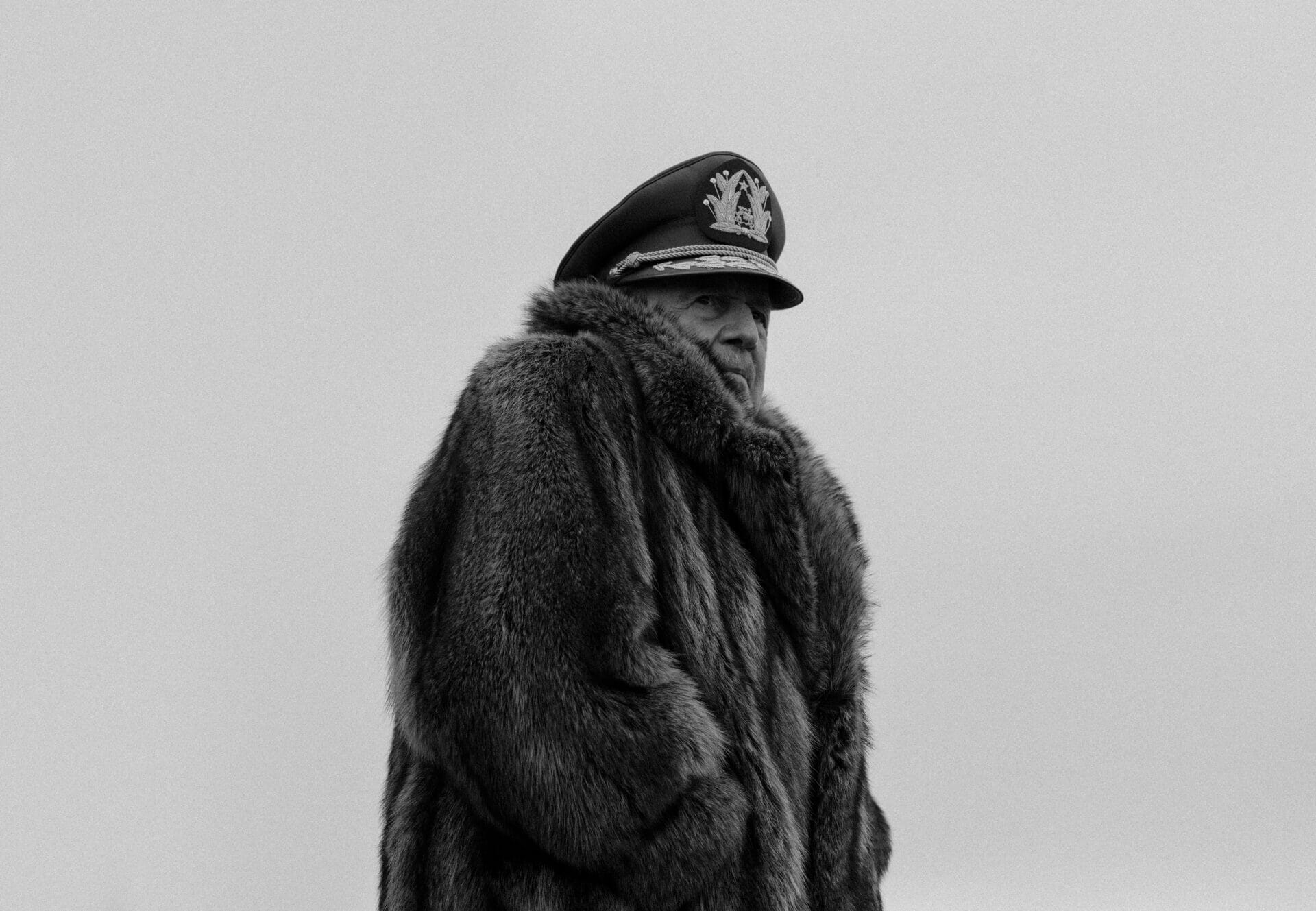
Yorgos Lanthimos' Poor Things | It's a Very, Very Mad World
Year
Runtime
Director
Main Cast
Cinematographer
Music by
Format
Genre
In the midst of the Barbenheimer year, another Hollywood MVP made his big return: Yorgos Lanthimos. Half a decade after The Favourite (2018), the Greek filmmaker reteams with Emma Stone and screenwriter Tony McNamara for his most ambitious movie to date. Poor Things is the arthouse counterpart to Greta Gerwig‘s Barbie. And in its notion of cinema as a visionary, multisensory spectacle, the mid-budget equivalent of Christopher Nolan‘s Oppenheimer.
Based on Scottish writer and artist Alasdair Gray‘s novel of the same name, the movie is, to say the least, a hybrid of genres and tones. Everything is held together by the creativity and nerve that have always characterized Lanthimos’ work. Only this time, thanks to a star-studded cast and an openly pop-feminist stance, it finally broke through to a more mainstream public.
With a worldwide gross that far exceeded the $100 million threshold, Poor Things is now the director’s most successful work. After winning the Golden Lion at the 80th Venice International Film Festival, it instantly became one of the frontrunners for the 2023-24 awards season, ending its run with four Academy Awards, two Golden Globes, and five BAFTAs. Emma Stone, in particular, won all three awards in the Best Actress category.
A young woman (Emma Stone) jumps off a bridge. Dr. Godwin ‘God’ Baxter (Willem Dafoe), a scientist who holds a candle to Victor Frankenstein – he has a penchant for melding bodies into hybrids – brings her back to life. A child in an adult body, with no memory of her past, the woman, now named Bella, begins her life anew. Locked in Baxter’s mansion, Bella has an insatiable curiosity about the outside world, her condition, her body. When a womanizing lawyer (Mark Ruffalo) comes across her and offers her a chance to escape from her father-maker, Bella jumps at the chance. The woman embarks on an adventure of discovery, and her free spirit soon becomes impossible to contain.
Yorgos in Wonderland
In Gray’s novel, Lanthimos truly meets his match. The writer-director has spent most of his career exposing social constructs for what they are: constructs, conventions, and rules to be followed whose rationale has long been forgotten. And in the true surrealist spirit, he does so by exaggerating them. By showing the mindlessness beneath their surface with the darkest humor – in this case sometimes even with body horror. What has changed over the years is the style that supports this approach. What in his first movies seemed like a marriage between Luis Buñuel‘s irreverence and Michael Haneke‘s ruthlessness has evolved into something truly personal.
Now a full-fledged advocate of the wide-angle lens, Lanthimos makes the most of his high budget to stage a fantastical world (with the help of Shona Heath and James Price‘s set design and Holly Waddington‘s costumes) with a creative verve not seen for a long time. If the design of the many technological amenities depicted is quintessentially steampunk, the architecture of this imaginary Fin de siècle Europe feels like a living thing. Like Godwin Baxter’s hybrids, it is a patchwork of disparate features (of the most disparate styles), showing flesh-and-bone qualities – between Antoni Gaudí‘s dreams and H. R. Giger‘s nightmares.
Lanthimos proudly displays the fictionality of it all. The movies of other visionaries come to mind, especially those of Terry Gilliam and Tim Burton. But this attitude goes back even further. The Greek director shows the same pride and prowess with which Federico Fellini created his fictional worlds – in late works such as Fellini’s Casanova (1976), City of Women (1980), and And the Ship Sails On (1983). Like the Italian auteur, Lanthimos wants the viewer to enjoy his visionary world not despite this total anti-realism, but because of it.
He wants them to marvel at the art of world-building for its own sake. (And, by extension, at the conjuring power of cinema). But just because he plays in the open air, it does not mean that there is not more to the eye than fanciful facades.
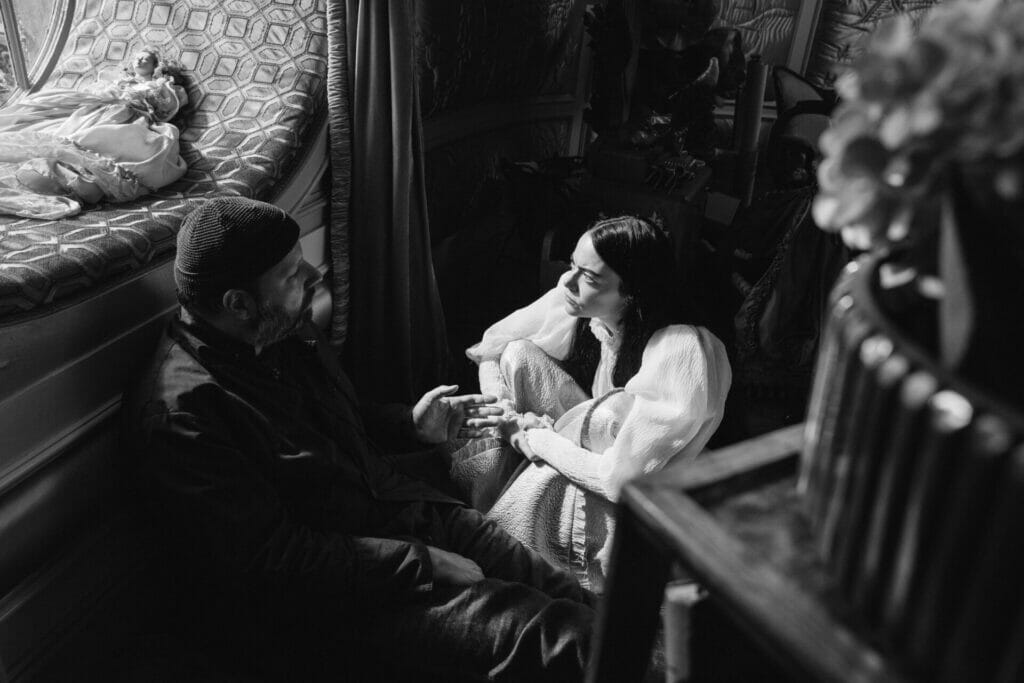
Poor conformists
It does not take long for the viewer to wonder who the titular poor things are. Is it Bella and all the outcasts she meets on her journey? The deformed and lunatic scientist, his awkward assistant, the cross-species creatures they manufacture, the cynical travelers, the sex workers, the (literally) poor folk? The title soon reveals itself to be an antiphrasis.
In the fashion of Tod Browning‘s Freaks (1932) – which will get its homage in a vital part of the movie – the outcasts prove to be the ones truly worthy of the title “human”, though they are not without flaws or free of the very constructs they seek to escape. Likewise, it should be noted that the movie is not completely devoid of the same individualism it seeks to criticize. As Angelica Jade Bastién wrote in an article that would spark a debate about the movie: “Bella is a closed circuit. All her supposed feminism and curiosity toppling in on itself.”
Socialites, on the other hand, show their true colors in all their pettiness and violence. But in the end, as is usually the case in stories about conformism, it’s the conformists who end up suffering the most from the constraints they try to impose on others. Repression backfires on those who try to enforce it. Power burns those who wish to wield it. The rules of the game are simply too unreasonable to follow. But even when it’s no longer worth playing, the game can never be over for them.
But if conformism is nothing but self-torture, Poor Things argues that the freaks’ spontaneous defection can turn into rebellion. And later on, it can lead to a new way of life: free, equal, and communal.
God is a Woman
The male characters are trying to control Bella in their own various ways, and she doesn’t even entertain it. She is just too autonomous.
Emma Stone, also a co-producer of the movie (quoted from the production notes)
What at first appears to be a collection of the misadventures of an outspoken Lolita soon turns into a coming-of-age story. Along with a trial-and-error sex education, Bella’s journey to self-determination passes through a constant bewilderment at the nonsense of the bourgeois world she finds herself thrown into. The effect is hilarious, in the tradition of other strangers-in-a-strange-land characters like Charlie Chaplin‘s Charlot or Jacques Tati‘s Monsieur Hulot. And no less political.
One could argue that Poor Things is an heir to Alice’s Adventures in Wonderland. After all, Lewis Carroll‘s work was also a commentary on the many social rituals that children end up having to partake in, however mindless they may seem, in order to be allowed into adult society – Lanthimos’ second movie, Dogtooth (2009) revolves around the same idea, with much more disturbing developments. Bella is a kind of young adult Alice. And the oppression of women – through body control – is, in her eyes, as puzzling and nonsensical as the Mad Tea Party.
Bella looks at the terrible wonders of the world in the same stupor as Alice. But unlike Alice, she does not just stare. Her gaze is questioning. It seeks to understand the foundations of Wonderland, no matter how deep they lie, no matter how repulsive they prove to be. And it has a final purpose in mind: radical change. It is a promise, on the part of a queen freak, to remake the world in her own freakish image. Not as an idol to worship, but as a forerunner to let oneself be inspired by.
Bella’s gaze is, ultimately, the same attitude that Poor Things aims to awaken in the viewer. A mixture of amazement before the marvels of the world, and skepticism in the face of its facades. It’s just the right cocktail for a meaningful life. Or, at least, a one-of-a-kind one.
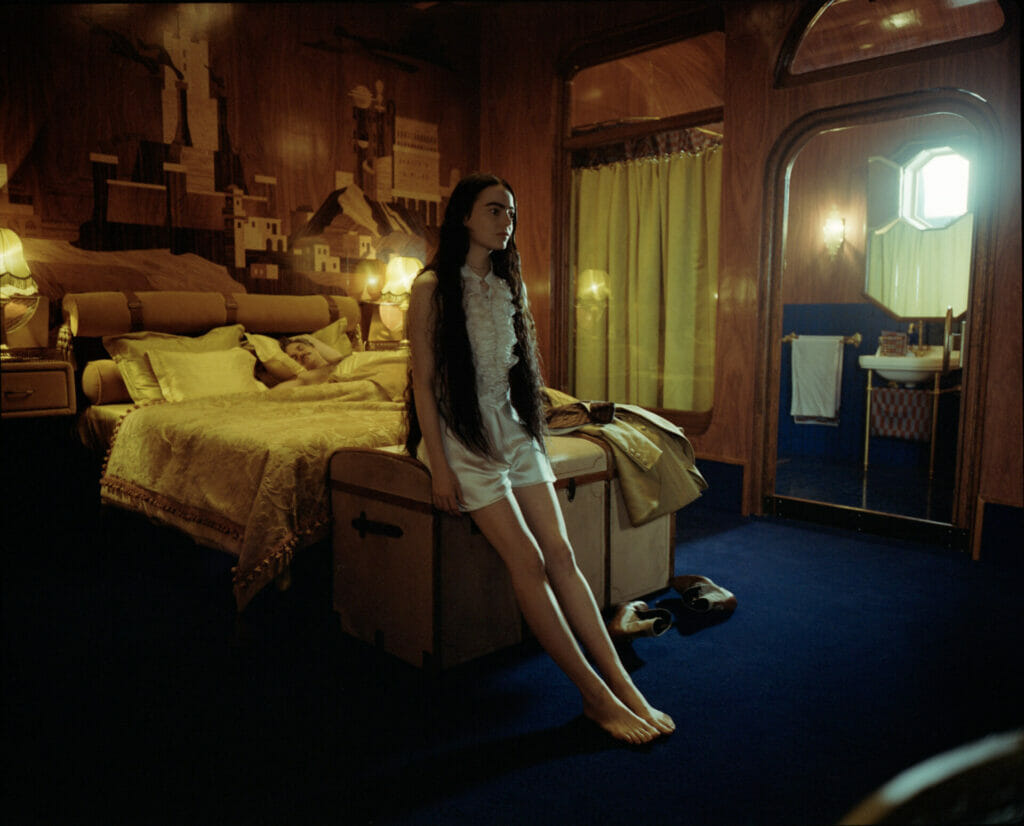
Tag
Buy a ☕ for Hypercritic







